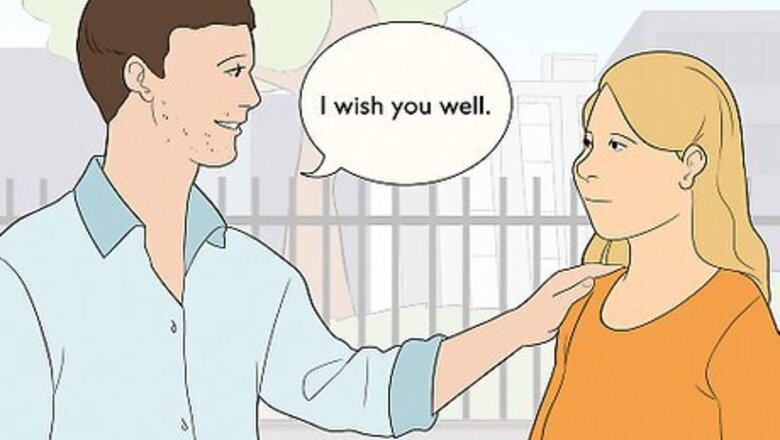
views
What does “I wish you well” mean?
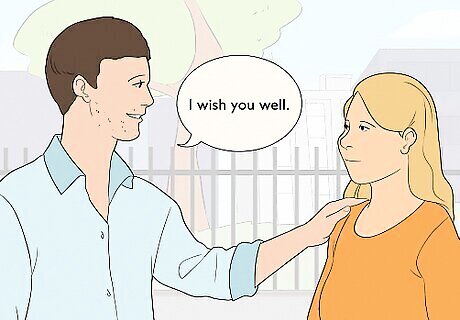
“I wish you well” means you hope good things will happen to someone. It's a way to express good will and friendly feelings toward another person as you're parting ways with them. Here are some examples of this use in conversation: “I’ll miss you, but I know you’ve always wanted to make the big move to New York City. I wish you well with your fresh start!” “I know we’ve argued a lot over the last few months, but I’m grateful for the time we spent together as a couple. I wish you well and hope you find happiness.” “We’re sorry to lose you as an employee, but we know this new opportunity is too good to pass up. We wish you well in your future endeavors!” “I just don’t have the funds to invest in your startup right now, but I really do wish you well with this new venture. Good luck!”
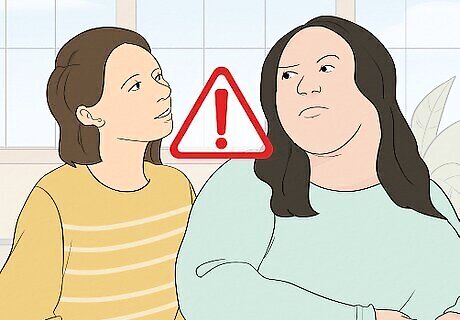
Though the phrase can be genuine, it can also be a subtle dig. People sometimes say “I wish you well” when they actually mean the exact opposite. In this context, it's a way to subtly express negative feelings toward someone while still seeming polite and mature on the surface. For example, if someone stood you up on a first date, you could send a text that says, “Hopefully in the future you’ll let someone know when you can’t make it to a date, so they don’t waste their time. I wish you well.” In this context, the phrase is clearly meant as a subtle dig, rather than a genuine expression of good will. A notorious example of this usage involves actress Gwyneth Paltrow. In 2023, a man tried to sue Paltrow over an alleged ski accident, but he lost the lawsuit. On her way out of the courthouse, Paltrow knelt down to the man and said, “I wish you well.” The exchange quickly turned into a viral internet meme, with some people claiming that Paltrow was being sincere, and others claiming that she was subtly insulting him.
“I Wish You Well” in Friendships & Relationships
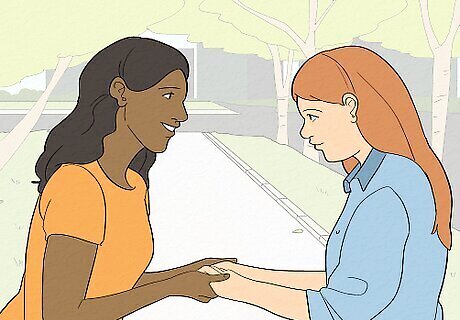
Use context clues to figure out how someone means the phrase. Say, for example, that you’re parting ways with a friend or significant other on good terms, and they say “I wish you well” in a kind way. Chances are they genuinely mean this. On the other hand, if there’s still a lot of animosity between the two of you, and the other person says “I wish you well” in a snarky or condescending way, they may be trying to subtly express their continued anger. Here are some examples: “I really enjoyed the past few dates we went on together, but I think we’re looking for different things in the long run. You’re awesome though, and I truly wish you well!” This upbeat, kind, and sensitive use of the phrase suggests that the other person genuinely wishes you good fortune and happiness in the future. “I’ve honestly tried to make this friendship work for months now, but I can only do so much on my own. I think it’s time for us to part ways. I wish you well.” This snarkier, more passive-aggressive delivery of the phrase suggests that the other person is trying to convey anger or frustration.
How to Respond to “I Wish You Well”

“I wish you well, too.” If the other person seems to have said the phrase to you in a kind, genuine way, feel free to say it back to them. This can be a great way to end your friendship or relationship on a positive note. Them: “I’m sad things didn’t work out between us, but I’m so thankful I got the chance to get to know you. I truly wish you well!” You: “Thank you so much! You’re such a special person, and I’ll always think positively of the time we spent together. I wish you well, too.”

“Thank you.” If the situation is complicated and you don’t feel like wishing the other person well, you can simply thank them and end the conversation. Here’s an example: Them: "I still don’t get where you’re coming from, but I think we’re going to have to agree to disagree. Goodbye, and I wish you well.” You: "Okay, thank you for that. Goodbye."
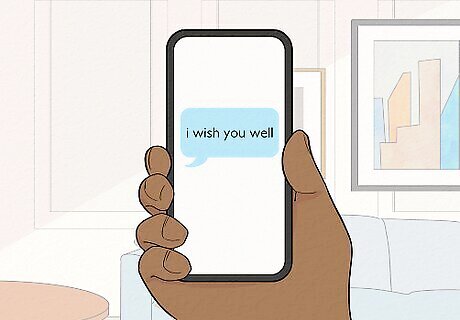
If they sent it as a text, you don’t need to respond. If you’re still upset with the other person, or if you suspect that they’re using the phrase in a passive aggressive way, it’s completely fine to not respond at all. The phrase is often used as a definitive goodbye, so it would be acceptable to just leave it at that.
Similar Phrases
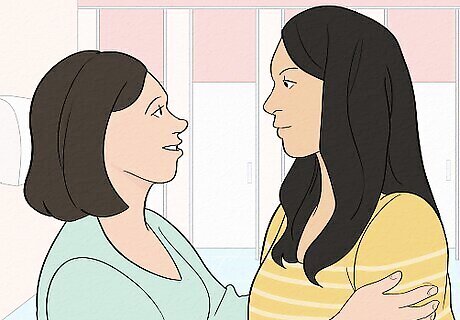
“I wish you all the best.” This phrase is another way to express well wishes and say goodbye to someone. “I’ll miss being your coworker, but I’m so excited for your new chapter. I wish you all the best with this exciting new job!” “I wish things could have worked out between us, but I just don’t think we’re the right fit for each other. I think you’re great though, and I wish you all the best.”
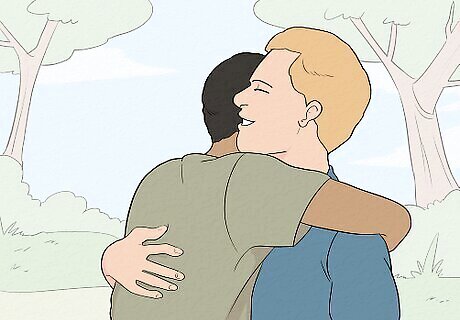
“I wish you the best of luck.” This phrase is another way to let someone know that you hope they succeed and experience good fortune. “I’m sorry to see you go, but I totally understand that you need to move closer to your parents to help them out. I wish you the best of luck in your new city!” “You’ve been a valuable member of our team, and we’re thankful for the time you’ve spent with us. We wish you the best of luck in your future endeavors.”















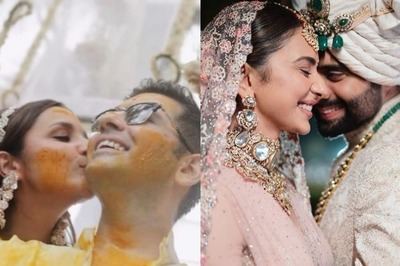


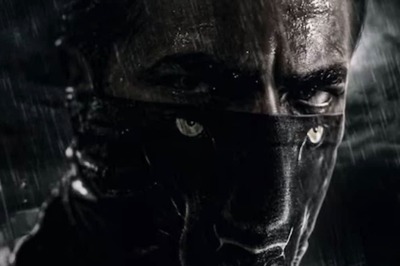

Comments
0 comment